Article
Global Horticulture & Human Nutrition to Enhance Community Resilience and Food Security
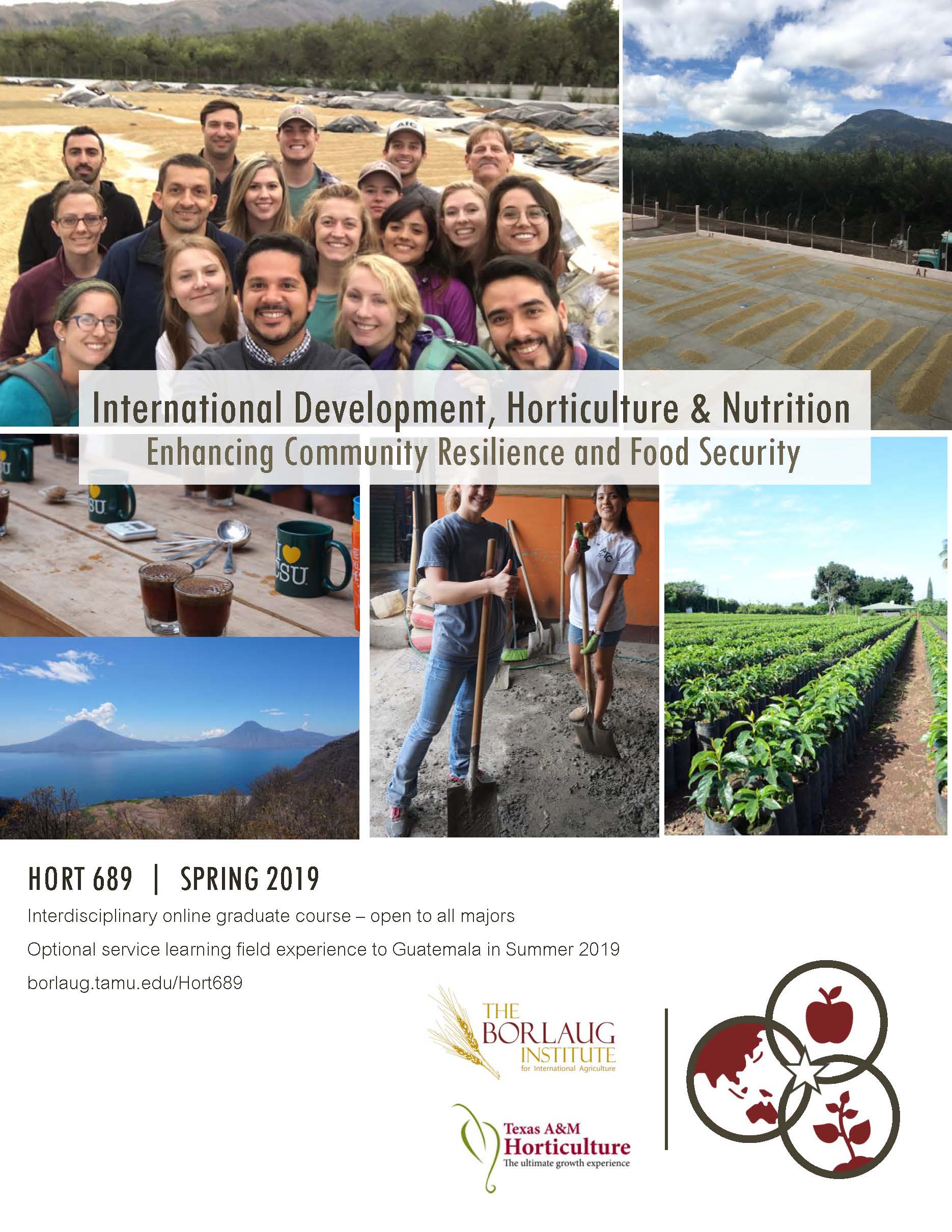
Global Horticulture and Human Nutrition to Enhance Community Resilience and Food Security (HORT 689) is an online course jointly developed under a USDA/NIFA Higher Education Challenge Grant awarded to the University of Arkansas, Texas A&M University and Texas Tech University. The course will cover three broad areas of global horticulture, human nutrition and international development and is intended to be multi-disciplinary. After completing the course, select graduate students will be able to:
- Explain components of the value chain approach in international agricultural development, including marketing systems.
- Describe methods of prevention of food loss through preservation and food processing.
- Identify food security issues brought about by famine to mitigate child and maternal nutritional deficiencies.
- Explain how beneficial compounds in fruits and vegetables impact human nutrition.
- Describe the nexus of human nutrition and horticulture in addressing international development.
- Articulate theory of change through the lens of gender and youth using measurable impacts.
Students who complete the course will be eligible to receive a scholarship to participate in an associated two-week-long international service learning experience to be held in Guatemala in late May 2019.
For more information, please contact Dana Lewis (dklewis@ag.tamu.edu) and Dr. Tim Davis (t-davis5@tamu.edu) for registration details.
Staff Highlight Rodrigo Chavez

Rodrigo Chavez is the Coffee Research Center’s Project & Training Coordinator. His expertise in coffee ranges from being a coffee grower in Guatemala to purchasing a specialty coffee roasting and commercialization facility here in College Station, Texas called What’s The Buzz.
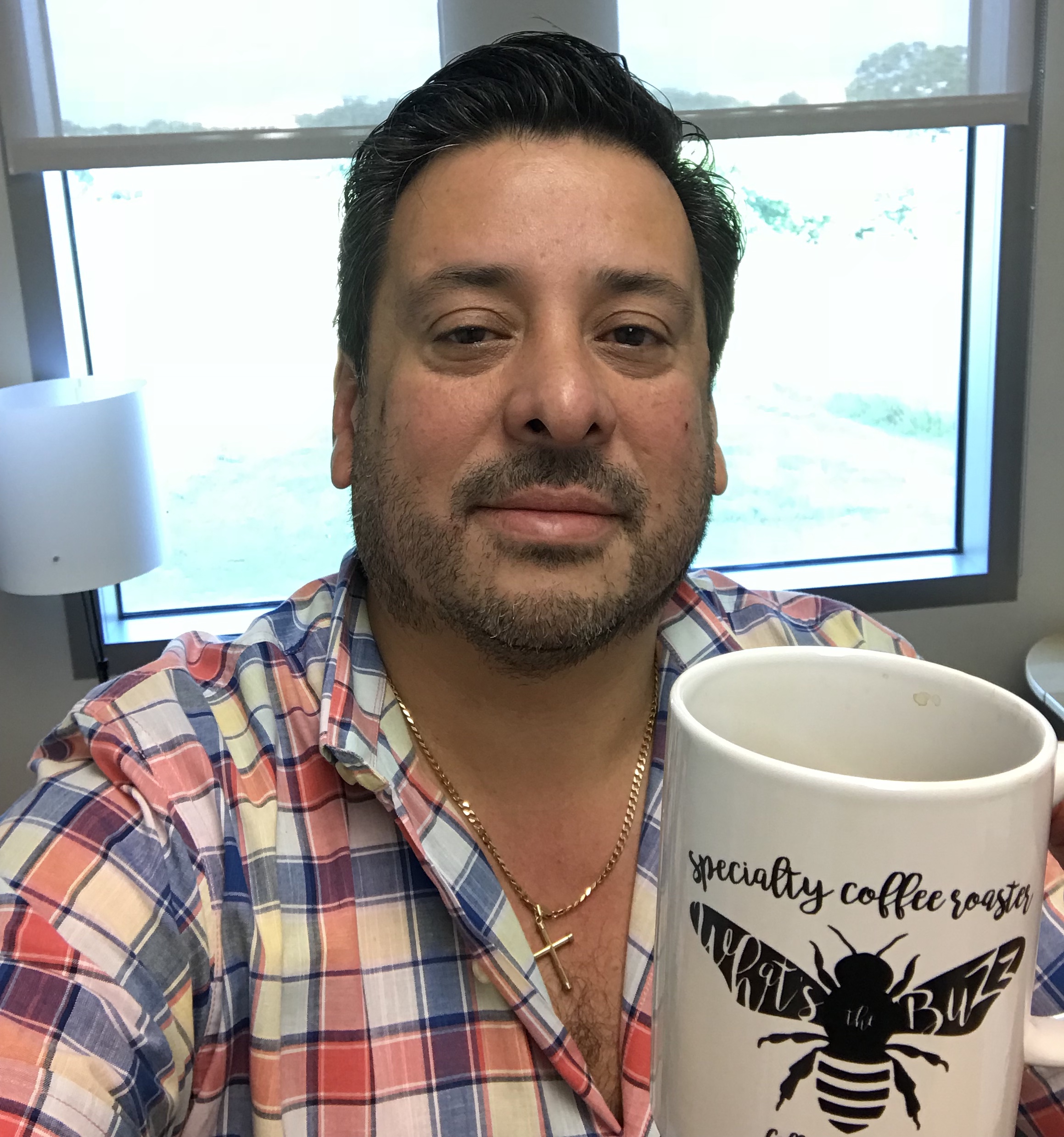
“I enjoy traveling and learning about other cultures. I have had the opportunity to travel throughout most of Europe, North, Central and South America as well as the Caribbean.” From each place he visits, he collects coins and bills. Besides working with “coffee” Rodrigo enjoys cooking and mixing flavors from other cultures. Outside of the coffee industry, Rodrigo is fond of building or remodeling older homes or industrial warehouses and turning them into lofts or office space.
To give you an example of what dishes Rodrigo conjures up:
- Shrimp Tamales using tikka masala or curry sauce.
- Grilling caramelized bacon and onions (brown sugar and pepper), chorizo burgers filled with blue cheese topped with mango/ ginger/ habanero/ cilantro chutney on ciabatta buns.
- Pizza dough using honey or molasses as a yeast booster which gives a sweeter taste with toppings like pesto sauce and prosciutto, shrimp, caramelized figs and goat cheese.
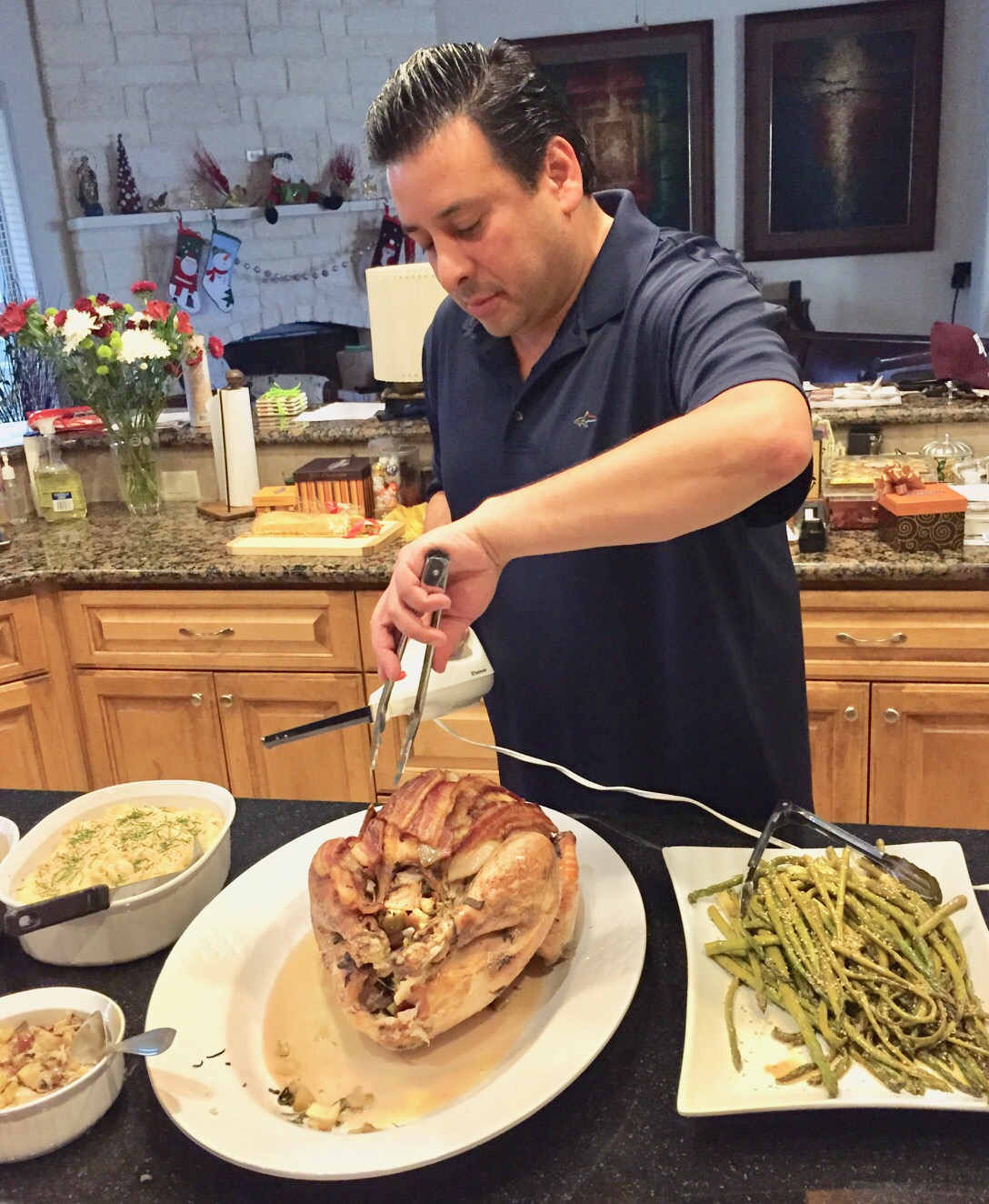
Check out Rodrigo’s official bio:
https://coffee.tamu.edupeople/chavez-rodrigo/
Click here for his coffee:
World Coffee Science Summit
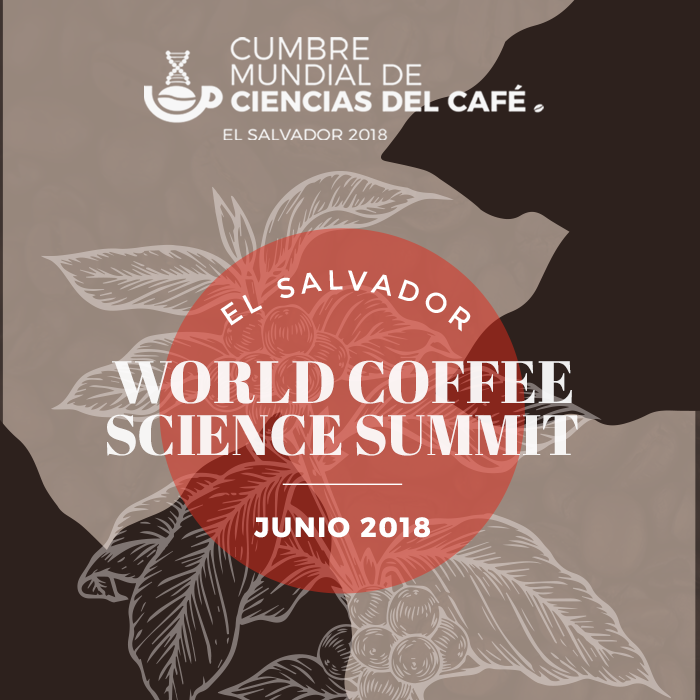 The natural, agricultural and commercial challenges faced by the industry require breaking paradigms, investigating more, risking more and committing to technology to innovate and find new routes of viability for coffee.
The natural, agricultural and commercial challenges faced by the industry require breaking paradigms, investigating more, risking more and committing to technology to innovate and find new routes of viability for coffee.
Climate change is just one of the great challenges facing producers around the world. This and other threats are the subjects that the industry is obliged to discuss in academic and scientific circles.
The Center for Coffee Research and Education will be co-hosting the second edition of the World Coffee Science Summit, which will be held in San Salvador, El Salvador, from June 6 to 8, 2018.
There is still time to register. Go to coffeesummit.org and find all the information to attend the event. You can also follow their Facebook page and CCRE’s social media for live updates during the summit .
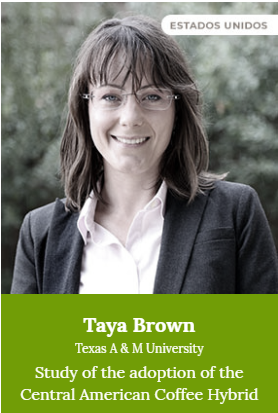
Our very own Taya Brown will be presenting on her study in Guatemala on A Study of the Adoption of the Centroamericano Coffee Hybrid by Smallholder Guatemalan Coffee Farmers.
“Yepocapa was selected by experts at Anacafé due to dramatic losses resulting from the recent CLR epidemic, which reduced production levels by up to 70%, and because coffee production is the main source of income in this region.”
Along with Taya, our centers director Dr. Leonardo Lombardini will be in attendance.
Coffee Center welcomes Sarah Brinkley to team
The Coffee Center is proud to announce the addition of Sarah Brinkley to its team this fall. Sarah is a Ph.D. Candidate in the Department of Horticultural Sciences at Texas A&M University under Dr. Lombardini. She graciously agreed to chat with us and answer the following questions.
Why did you decide to Study Coffee at Texas A&M?
Through my exploration of many wine and coffee-growing regions of the world, I observed the effects of climate change. It became clear to me that, I needed to address challenges facing the coffee producing world, where resources are limited and where, in terms of biodiversity, we have the most to lose.
The reputation of The Center for Coffee Research and Education brought me to study coffee at TAMU. Specifically, I came here to study what affects the flavor of coffee. I want to understand keys to plant health and environmental sustainability as related to flavor development and increased productivity.
Have you been abroad? Tell me about your experience.
Yes! In a former life as a traveling winemaker, I traveled extensively for work and for play. I worked vintages in Australia, New Zealand, and Chile. My coffee curiosities have led me to explore Costa Rica, Colombia, Peru, Puerto Rico, and soon Haiti and Guatemala.
I love traveling. I am constantly inspired by the places I visit and people I meet. International exposure, and travel in general, always make me more appreciative of my origins too. I’m reminded that I come from a place with equally rich cultural traditions and natural beauty. I am able to reflect on my home (Tennessee!) with a new perspective.
What do you want to do when you graduate? Why do you want to go that direction?
After graduation, I aim to give scientific validity to the local knowledge of coffee farmers and producers. My dream job would be to be a university professor, doing research and educating others on issues affecting the coffee producing world.
